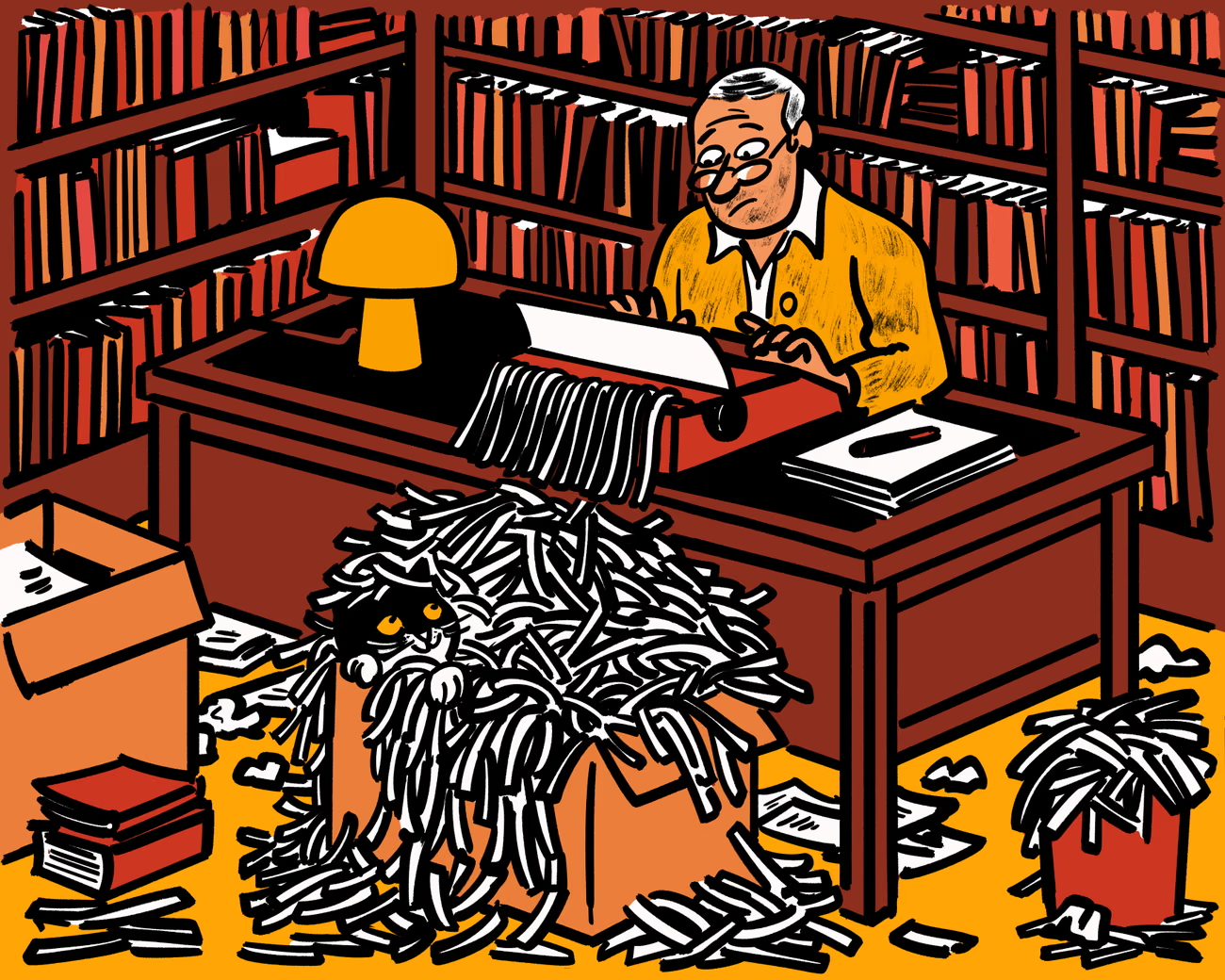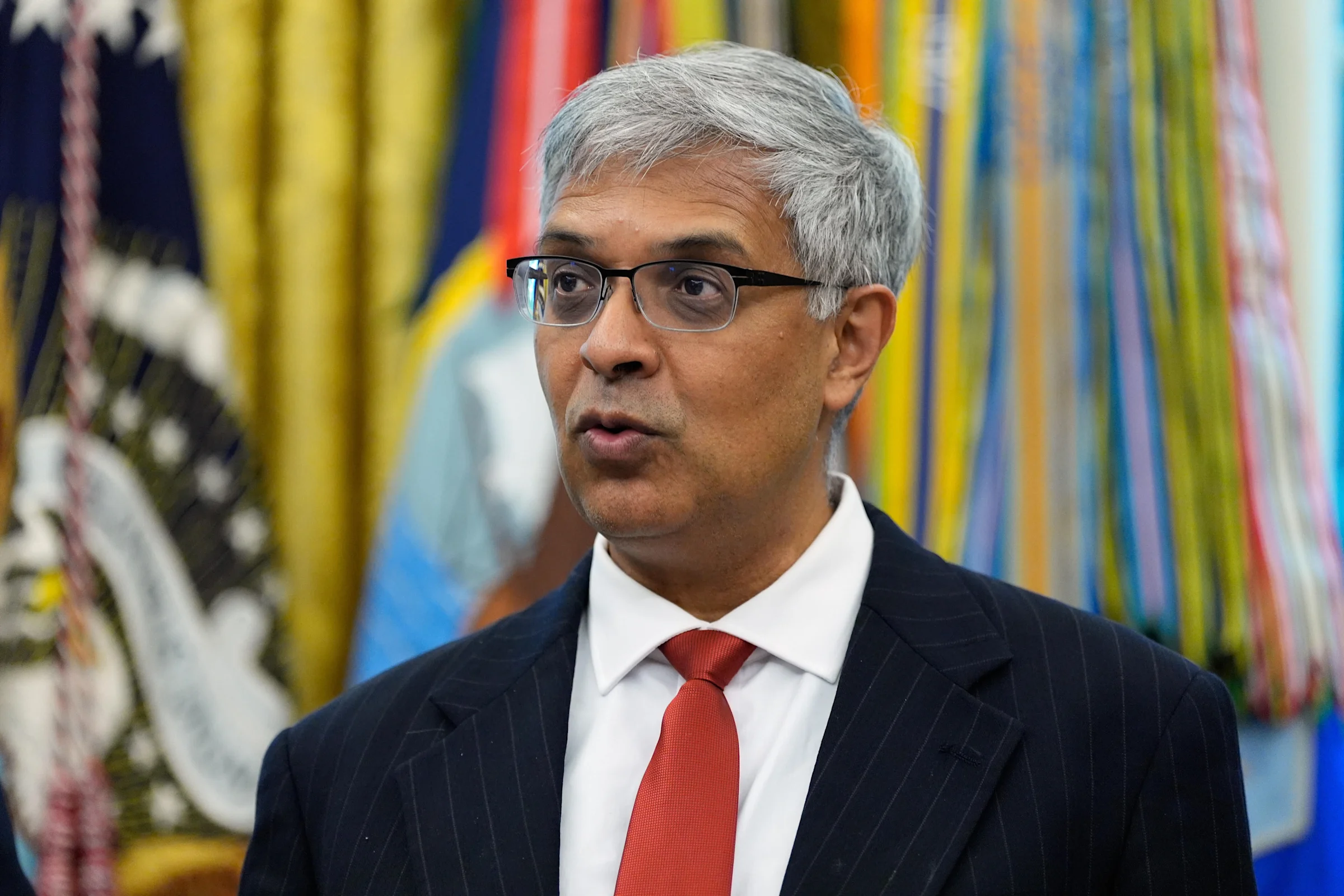Facing rejection is never easy, especially when it happens repeatedly. For Bob Brody, a writer with five decades of experience, it has been a constant companion. Over his career, Brody has had novels, nonfiction proposals, essays, and article pitches turned down thousands of times. At times, he received multiple rejections in a single week. Yet, he has learned to accept rejection and use it as a tool for growth.
Early in his career, each “no” stung personally. Brody describes navigating what he calls the “seven stages of rejection”: shock, denial, dismissal, anger, bargaining, depression, and, finally, acceptance. In his 20s, 30s, and 40s, rejection felt like a personal failure. Manuscripts were declined, editors ignored pitches, and publishers vetoed proposals. The experience was demoralizing, yet common among successful creators—from Herman Melville and Mary Shelley to Michael Jordan and Sylvester Stallone.
Brody emphasizes that acceptance comes with understanding. Editors and agents may reject work for a variety of reasons: similar pieces already exist, the topic may lack appeal, the writer’s credentials may not fit the assignment, or an editor may simply overlook the submission. Many rejections are beyond a writer’s control, while others highlight areas for improvement. A pitch might need revision, more clarity, or stronger storytelling.
Rejection, Brody argues, teaches resilience and humility. It forces creators to face reality outside their own perspective. Each “no” challenges writers to refine their judgment and strengthen their craft. Brody’s own career demonstrates this: despite thousands of rejections, he has authored two books, written over 1,000 articles and essays, and contributed to major publications, including the New York Times, for five decades.
He encourages writers to carefully review rejected work. Examine it with fresh eyes, consider feedback, and revise as needed. If a pitch still holds value, send it to a new audience. Recycling and refining ideas keeps creativity alive and opens the door to eventual success.
Brody also highlights the emotional benefits of rejection. It fosters perseverance, teaching individuals to rise after setbacks. It instills humility, offering lessons in patience and self-reflection. Rejection can be a motivator, pushing writers and creators to aim higher and remain authentic in their work. Nobel Prize-winning novelist Saul Bellow captured this sentiment: “Rejections teach a writer to rely on his own judgment and to say in his heart of hearts, ‘To hell with you.’”
Sharing his advice with his daughter as she began her writing career, Brody emphasized the fundamentals: write truthfully and well, focus on meaningful subjects, stay productive, and maintain faith in oneself. These principles apply not only to writing but to navigating life’s challenges. Understanding that life alternates between “yes” and “no” allows individuals to adapt, persist, and ultimately find opportunities for success.
At 73, Brody views rejection philosophically. It is no longer a source of personal pain but a guide to growth. He embraces rejection as a natural part of creative and professional life—a mechanism to refine work, strengthen character, and build resilience. Over five decades, he has learned that the ability to endure “no” prepares one for the occasional and hard-won “yes.”







